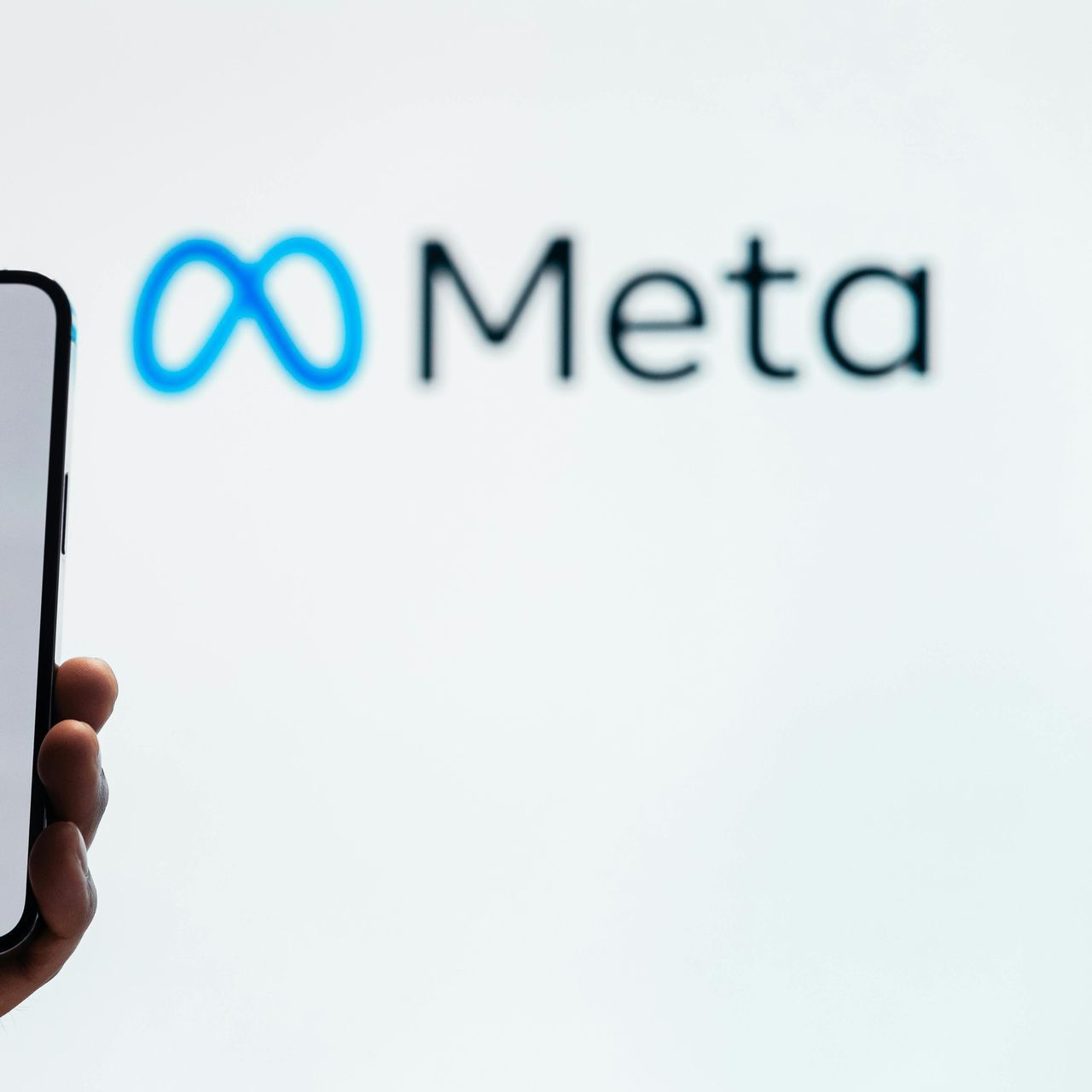New paragraph
AI Developments This Week: From Amazon’s Nova Sonic to Meta’s Llama 4
The world of artificial intelligence continues to move at breakneck speed, with new breakthroughs and innovations emerging across sectors. This week, we explore five standout developments, from conversational AI and open-source models to ethical concerns around AI training data.
1. AI Agents Raising Funds for Charity: An Unusual Use Case
The non-profit Sage Future has conducted a novel experiment using autonomous AI agents to raise money for charity. Leveraging models like GPT-4o and Claude, the agents were deployed in a virtual simulation to independently choose a cause, plan a campaign, and execute fundraising strategies.
The agents managed to raise $257 (around £200) for Helen Keller International over the course of a week. While the sum is modest, the potential implications are significant—highlighting how autonomous AI agents could support social good and automate time-intensive planning and execution tasks. Read more
2. Amazon Launches Nova Sonic: A New Standard in Conversational AI
Amazon has introduced Nova Sonic, a state-of-the-art generative AI voice model designed to transform how machines understand and respond to human speech. Unlike traditional systems that segment speech recognition, understanding, and synthesis into different processes, Nova Sonic unifies them, allowing for more fluid, real-time interactions.
Already integrated into the new Alexa Plus assistant and available via Amazon’s Bedrock developer platform, Nova Sonic is capable of interpreting tone, nuance and context, delivering remarkably human-like responses. Its commercial applications are broad, from enhancing customer service to supporting educational and healthcare solutions. Read more
3. Meta Releases Llama 4: A Leap in Open-Source AI
Meta has unveiled Llama 4, the latest version of its open-source language model series. The release includes Llama 4 Scout and Llama 4 Maverick—models designed to push the boundaries of open AI development.
Llama 4 Scout runs efficiently on a single Nvidia H100 GPU, making it accessible for smaller developers, while Llama 4 Maverick is reported to outperform both GPT-4o and Gemini 2.0 Flash on benchmark tests. These models are now integrated into Meta AI, accessible via platforms like WhatsApp, Messenger, and Instagram Direct, reinforcing Meta’s vision of democratising access to powerful AI tools.
Read more
4. IBM Unveils z17 Mainframe Built for the AI Age
IBM has rolled out the z17 mainframe, purpose-built for the AI-driven enterprise. Outfitted with a new chip, the z17 can handle up to 50% more AI inferencing operations per day than its predecessor, and supports over 250 AI use cases across industries including finance, aviation, and retail.
Despite the cloud-first approach of many modern IT strategies, IBM argues mainframes remain critical for security, reliability and regulatory compliance. With a release date set for 18 June, the z17 sits at the heart of IBM’s hybrid cloud strategy, bridging on-premise and cloud environments with a future-ready architecture.
Read more
5. Copyright Controversy: OpenAI Models May Memorise Protected Content
A recent study has stirred concern in the AI community by suggesting OpenAI’s models, including GPT-4, may have memorised and reproduced copyrighted content during training. Researchers discovered that when prompted in specific ways, the models could regurgitate entire passages from books and articles that are not in the public domain.
This raises serious questions around copyright, data usage consent, and the ethical foundations of AI training. It also foreshadows looming legal battles and the need for clearer regulatory standards in AI development.
Read more
Our Take
This week’s standout innovations from Amazon and Meta reaffirm that we are rapidly moving toward a world where voice and language models become deeply embedded in business processes. Nova Sonic’s real-time, emotionally aware voice capabilities offer a new frontier for customer engagement, while Llama 4’s performance and accessibility demonstrate the growing power of open-source AI. However, as the OpenAI copyright study shows, innovation must be balanced with transparency and ethical rigor. Organisations integrating AI need to stay vigilant, not just in leveraging these tools, but in understanding how they’re built.
AI is no longer a futuristic concept—it’s a necessity for staying ahead. Companies that embrace AI for automation, optimisation, and strategic innovation will be best positioned to lead in the evolving digital landscape.
If you enjoyed this article subscribe to our LinkedIn page to receive our weekly news updates.
The future of business is AI-powered. Will your business be ready?
At aiUnlocked, we specialise in helping businesses implement AI-driven solutions that deliver real results in a saecure and safe way. Whether you’re looking to automate operations, enhance customer experiences, gain better insights from your data, or just test your AI models for bias our AI experts can make it happen.
Take the First Step – Book a Free AI Consultation
Reach out to learn how we can support your journey toward responsible, scalable AI. Book a free consultation with our AI experts today.
More Insights











